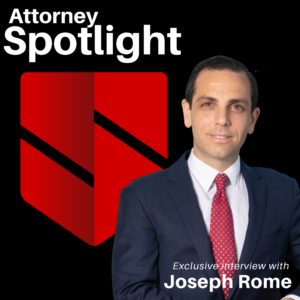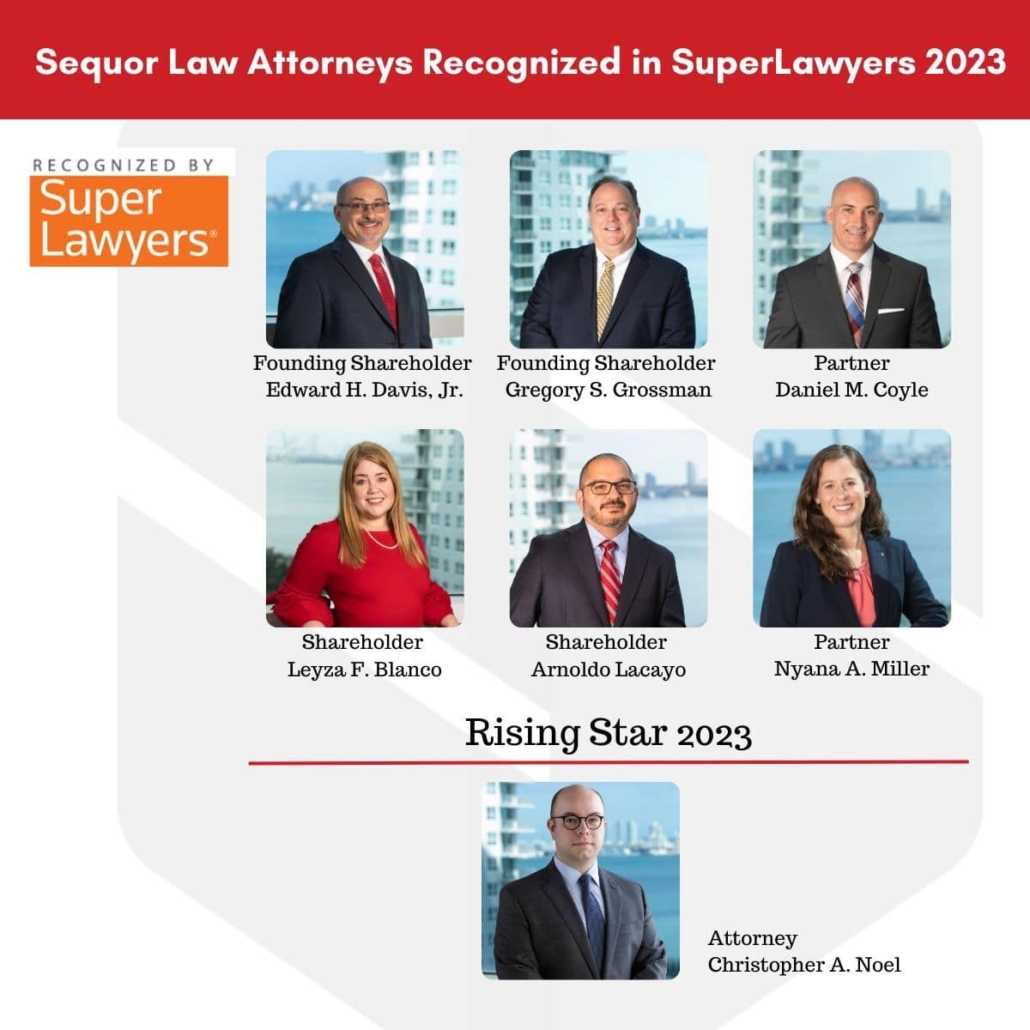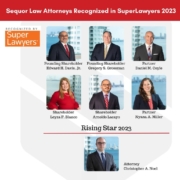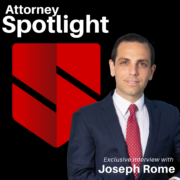
What inspired you to pursue a law career?
I don’t come from a family with many lawyers. As I started meeting friends of friends that were lawyers, and I realized we were on the same intellectual wave length, which made me want to be part of their community. Only later did I start to develop a deep understanding and enjoyment of the work that lawyers do day to day.
What skills do you draw upon when it comes to your specific practice areas?
I am lucky to be able to apply a lot of skills as an asset recovery and commercial litigator, but the one that has been the most important is curiosity. And yes, curiosity is a skill—it takes practice to consider what pieces of the puzzle are missing, to see beyond the surface of what someone might be telling you, and to ask those follow up questions and investigate further until you really, deeply understand an issue.
Why did you choose those areas of law?
They allow me to apply so many of the skills that I’ve spent so much time cultivating—my cases are frequently international and cross-cultural, I get to employ my language skills, I get to test myself arguing in court, I get to write persuasive briefs, I get to meet (and occasionally cross-examine) interesting people, and I get to learn and explain interesting, complex business practices.
What is the most rewarding part about your job?
Even in situations where I may not be able to promise to deliver the legal result that a client might wish for, it’s incredibly rewarding to be able to help a client understand what the law says and for them to feel like their case has been fully presented in the strongest possible way.
Tell us about a mentor who made an impact on your career.
When I was working as a prosecutor, I had a mentor that pulled me onto one of her cases for a discrete task, but then proceeded to make sure that I truly understood everything that was happening on the case. She was incredibly open to explaining why she was doing everything that she was doing and tried hard to find ways to involve me in the process, which ended up being a great way for me to develop as an attorney.
If you weren’t practicing law, what would you be doing?
I have a master’s in East Asian History, so I would probably have done a PHD and become a professor teaching Chinese or Japanese history and art history.
What might people be surprised to learn about you?
I run-commute to the office. It’s a fantastic way to clear my head at the start and end of the workday.
What is a good book you read recently?
Hands down, the Neapolitan Novels by Elena Ferrante. I guess that’s technically four books, but they were apparently written as a single story. They describe a world that is both exotic and familiar, both specific and universal, and I couldn’t stop thinking about them for weeks after I finished.





